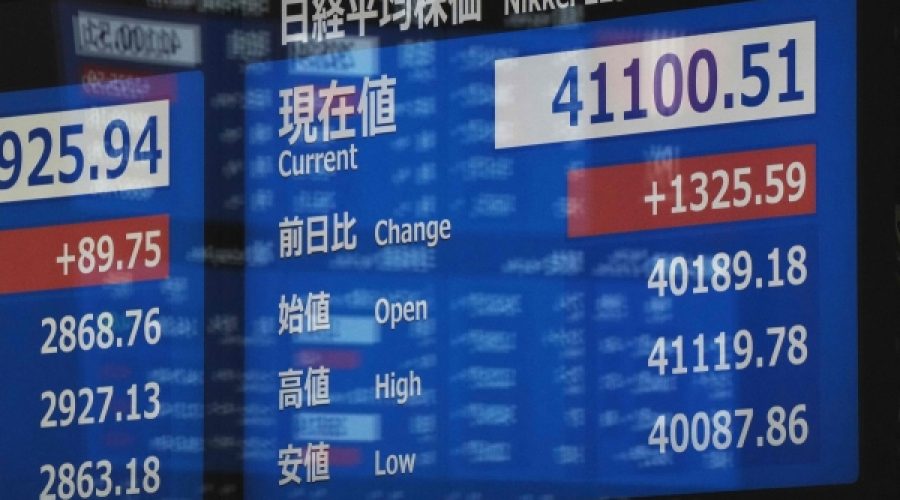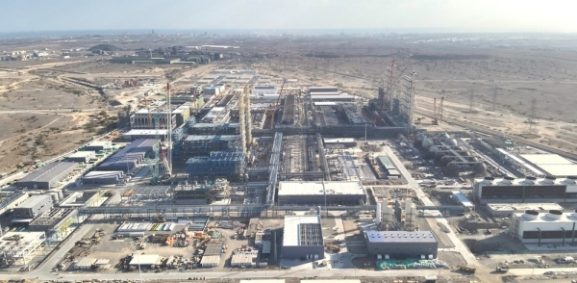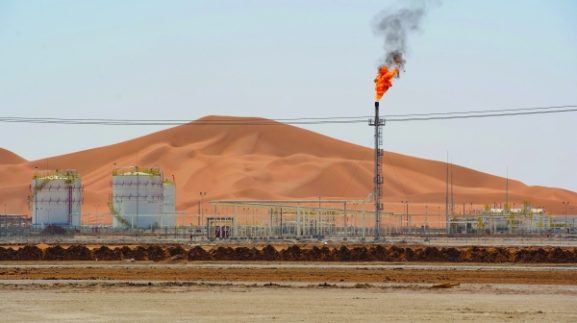Massive Japan Trade Deal Announced by Trump: Implications for Investors and Entrepreneurs in Oman
Tokyo – On Tuesday, Donald Trump announced a significant trade agreement with Japan, representing a key milestone for major U.S. trade partners as they seek to finalize deals by the end of the month. This move is part of Trump’s strategy to address the United States’ substantial trade deficit, with plans to impose punitive "reciprocal" tariffs on numerous countries if they fail to reach agreements with Washington by August 1.
With this announcement, Japan becomes one of five nations to have secured a deal, joining the UK, Vietnam, Indonesia, and the Philippines, following Trump’s commitment in April to negotiate "90 deals in 90 days." On his Truth Social platform, he stated, "We just completed a massive deal with Japan, perhaps the largest deal ever made." According to Trump, under this agreement, Japan will invest $550 billion in the U.S., with the U.S. receiving 90% of the resulting profits.
While further specifics of the investment plan were not disclosed, Trump asserted it would generate "hundreds of thousands of jobs." Currently, Japanese exports to the U.S. face a 10 percent tariff, which would have escalated to 25 percent without this agreement.
In addition, a 25 percent duty on Japanese automobiles—which account for approximately eight percent of jobs in Japan—was already in place, along with a 50 percent tariff on steel and aluminum. Japanese Prime Minister Shigeru Ishiba announced the automobile tariff has now been reduced to 15 percent, causing stocks in Japanese automakers like Toyota and Mitsubishi to rise by around 14 percent. "We are the first country in the world to reduce tariffs on automobiles and auto parts, with no volume limits," Ishiba told reporters.
He emphasized that by prioritizing key protections, both nations were able to achieve an agreement that serves their national interests. "In this agreement with President Trump, I think we were able to realize such an agreement," Ishiba added.
However, Japan’s trade envoy Ryosei Akazawa, who negotiated the deal during his eighth visit to Washington, indicated that the 50 percent tariffs on steel and aluminum would remain. Akazawa clarified that increased Japanese defense spending, which Trump has advocated, was not included in this agreement. Trump also announced that Japan agreed to open its market to trade, including cars, trucks, rice, and certain agricultural products. Rice imports are particularly sensitive in Japan, and Ishiba’s government, having recently lost its upper house majority, had previously ruled out concessions on this front. Currently, Japan imports 770,000 tonnes of rice duty-free under World Trade Organization commitments, and Ishiba indicated it would procure more U.S. grain accordingly.
On Wednesday, Ishiba asserted that the agreement does not jeopardize Japan’s agricultural sector. Tatsuo Yasunaga, chair of the Japan Foreign Trade Council, welcomed the announcement but emphasized the need for further details to evaluate its impact. "I highly commend the achievement of this major milestone, as it alleviates the concerns of private companies," Yasunaga remarked. In contrast, some citizens expressed disappointment, including 80-year-old Naomi Omura, who lamented that Japan could not adopt a stronger stance toward the U.S. An 81-year-old voter, Tetsuo Momiyama, stated that Ishiba’s time is up, alluding to his anticipated resignation following the electoral setback.
Trump, facing mounting pressure to conclude trade agreements, also detailed a separate deal with Indonesia on Tuesday. This agreement entails easing restrictions on critical mineral exports and reducing tariffs from 32 percent to 19 percent. Additionally, he announced that tariffs on the Philippines, another key U.S. ally, would be lowered by one percentage point to 19 percent following a recent meeting with President Ferdinand Marcos.
Special Analysis by Omanet | Navigate Oman’s Market
The recent trade deal between the US and Japan signals significant shifts in global trade dynamics that could impact businesses in Oman. Opportunities arise for Oman in the form of potential market openings and increased Japanese investment, which could enhance local infrastructure and industries. However, smart investors should closely monitor shifts in trade tariffs and policies, as these may create vulnerabilities or alter competitive landscapes in the region.



